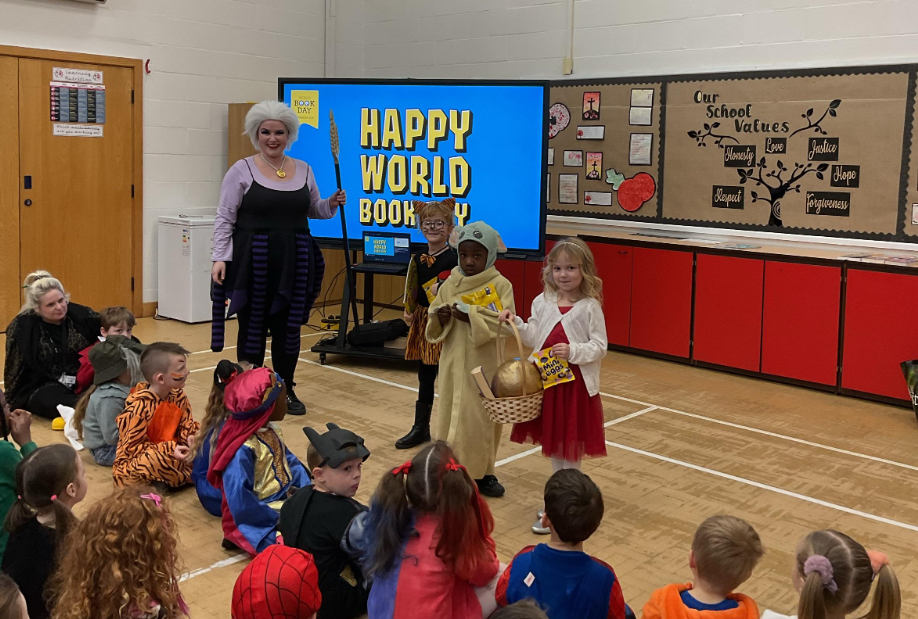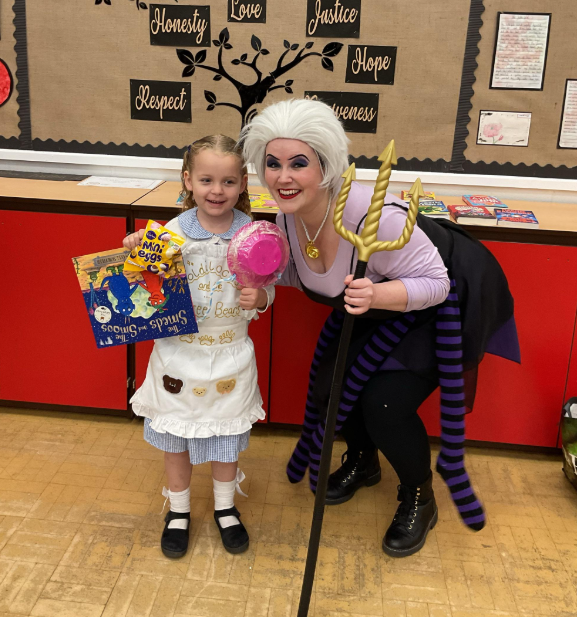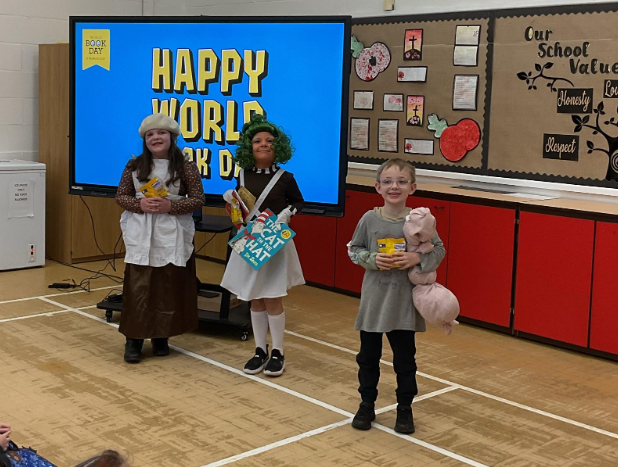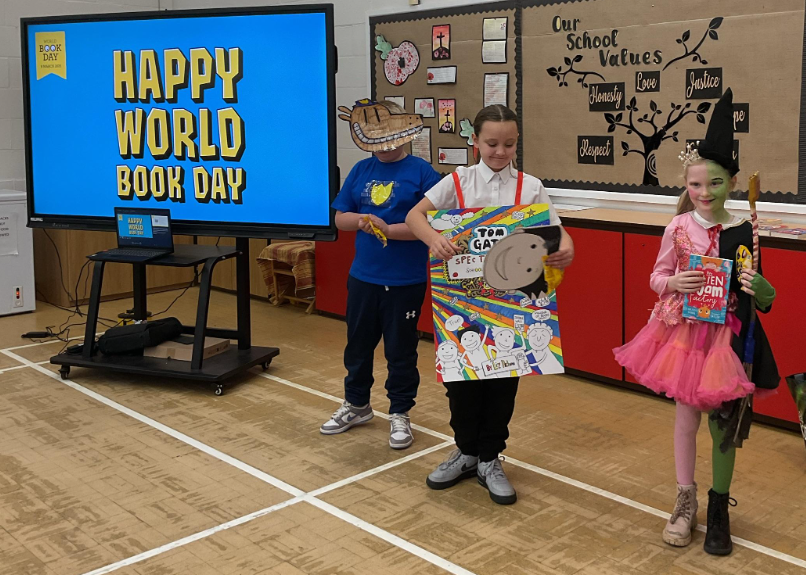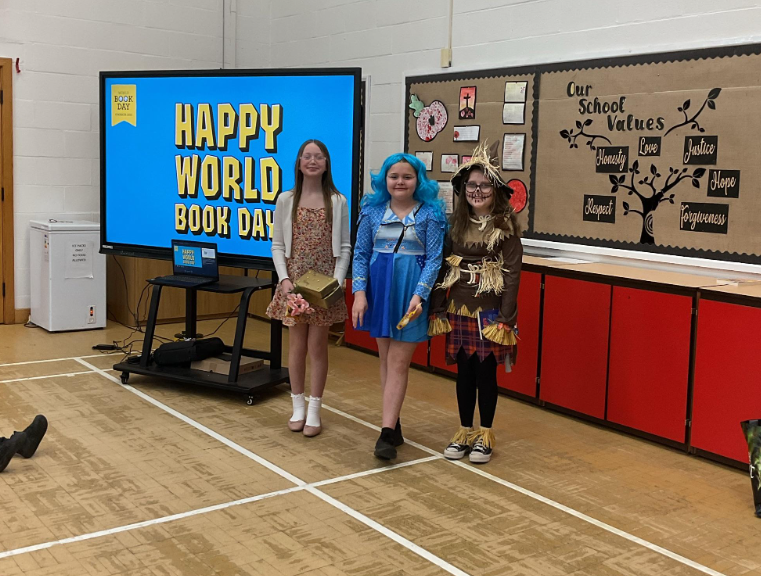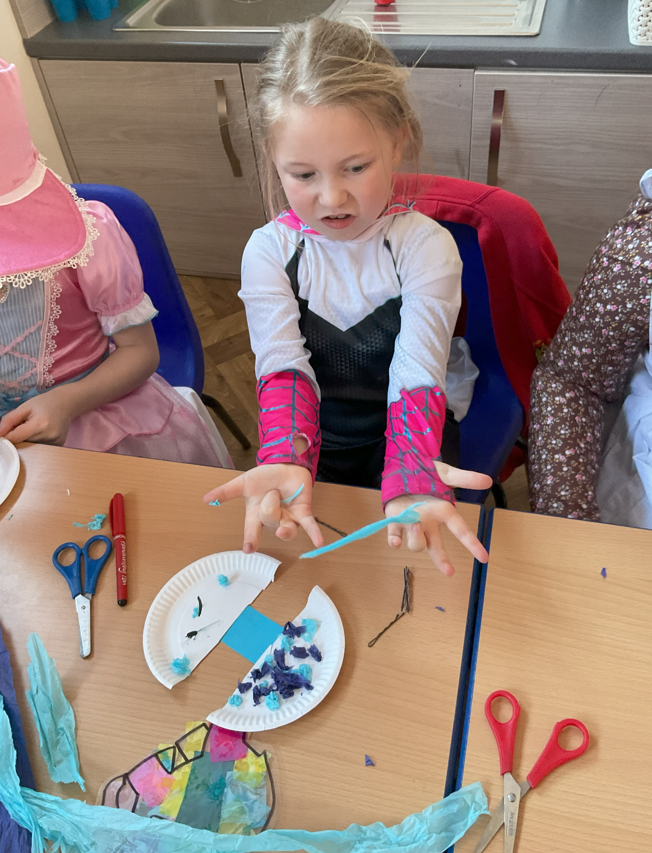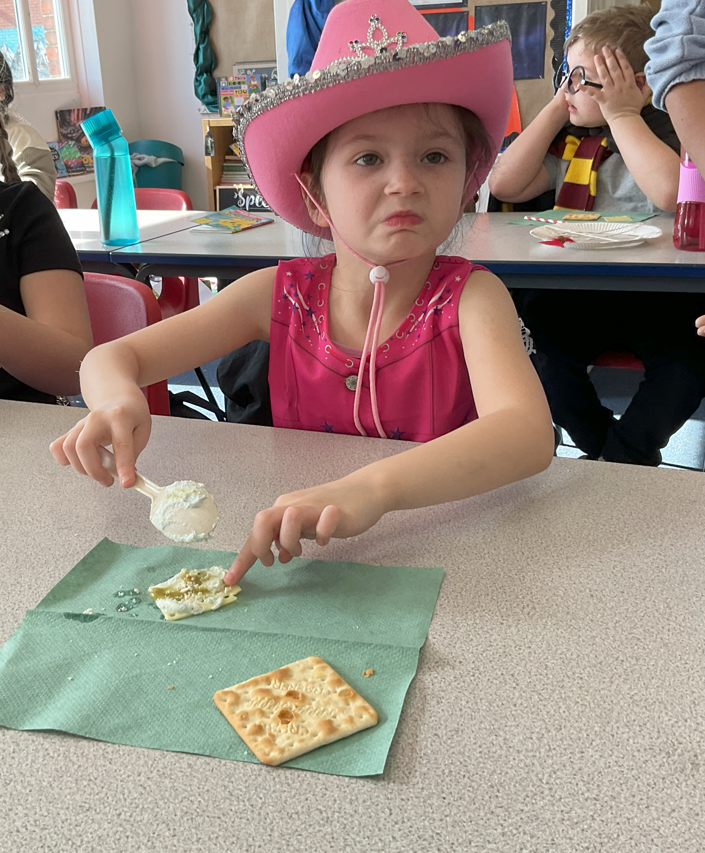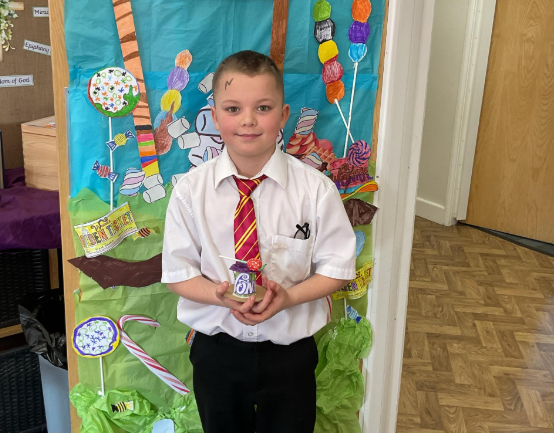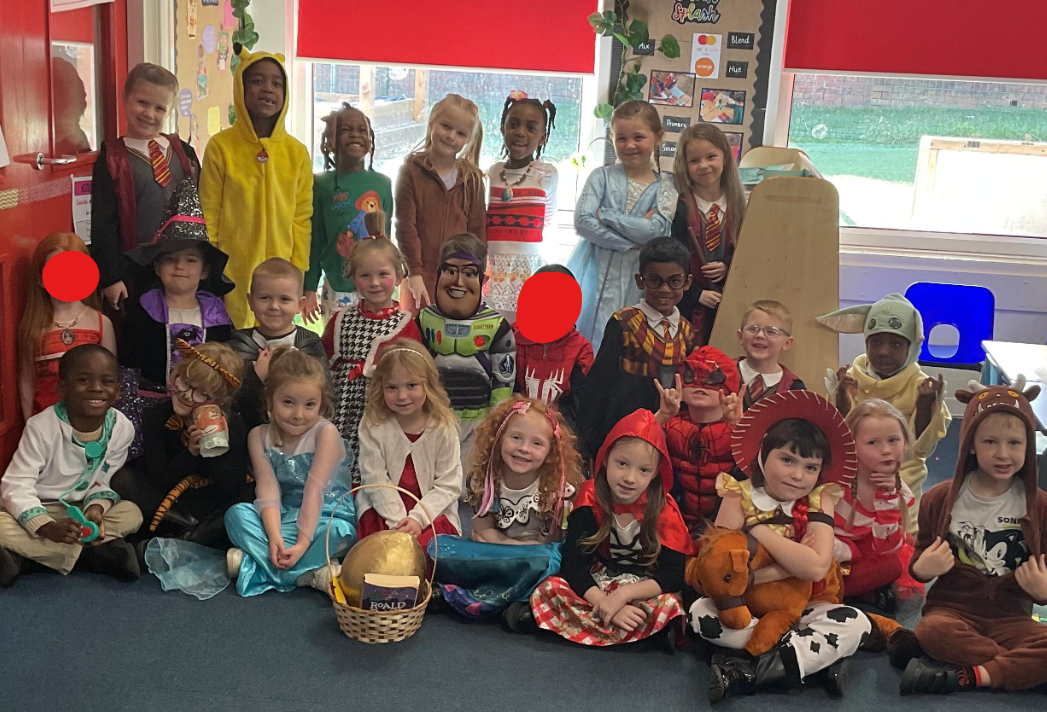Reading
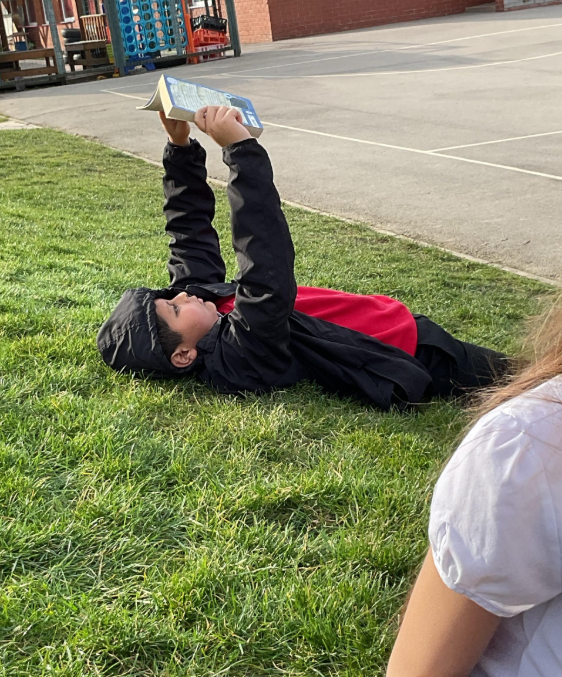
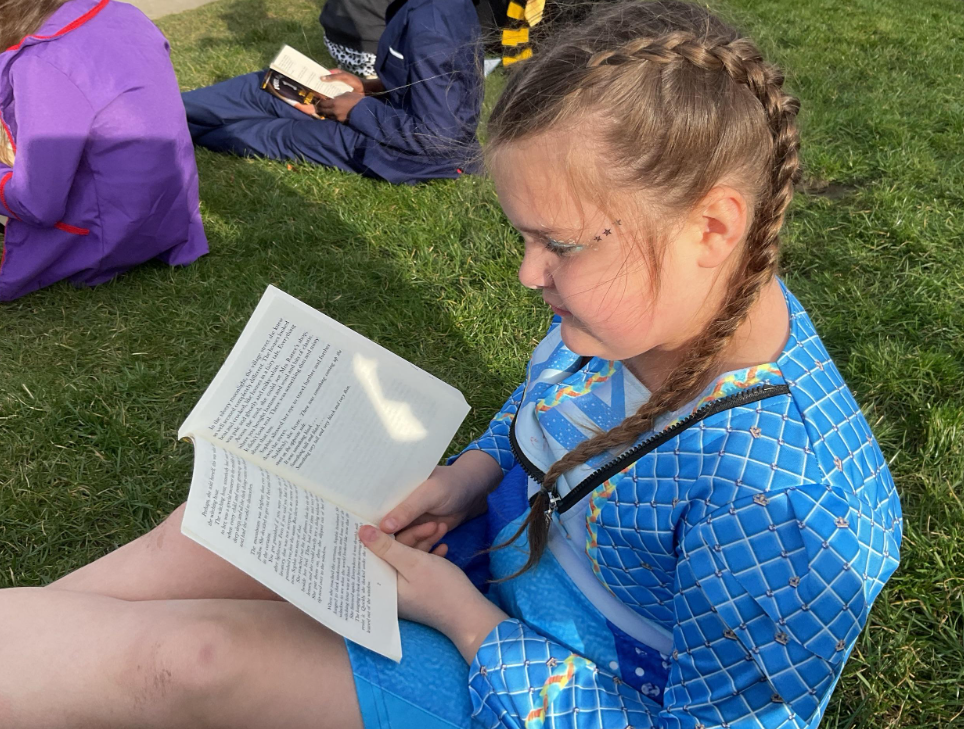
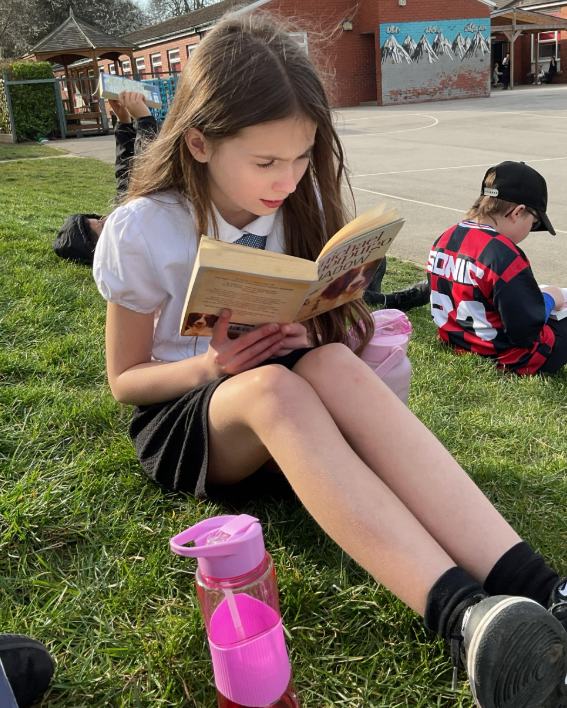
At St Joseph’s we are passionate about fostering a culture of reading. Not only do we aim for all of our pupils to become fluent, confident readers who can access a wide variety of age-appropriate texts, but we want to create an atmosphere that celebrates the joy of reading for pleasure. We truly believe that reading is the key which unlocks the rest of the curriculum; therefore, our reading policy is carefully designed to ensure that progression and engagement are prioritised in equal measure.
Our KS2 Reciprocal Reading Curriculum
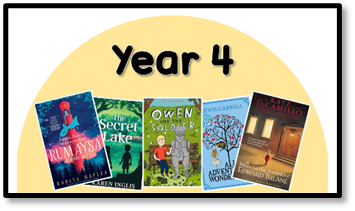
Monday-Thursday: Novel Study
Each half term, our KS2 classes will study their Class Novel. Every week, from Monday-Thursday, they will read an extract from the book, and complete a number of comprehension activities based on the extract. The 5 Class Novels for each year group have been mapped out so that they offer an appropriate lexile score, while also covering Doug Lemov’s 5 Plagues of Reading: Archaic Texts, Non-Linear Time Sequences, Complexity of the Narrators, Complexity of the Plots, and Resistant Texts. This allows each year group to study a variety of text types which will also include a diverse range of characters, cultures and themes.
Monday- Clarify and Fluency
Clarify
On Monday, the children will first be presented with Tier 2 and Tier 3 vocabulary that they will encounter during the week’s extract. They will use a variety of strategies to identify the word’s meaning. Pupils will be familiar with these strategies as they will have been embedded from Year 2 onwards. The symbols below will follow the children throughout Key Stage 2, so that they are able to approach unfamiliar words with confidence.
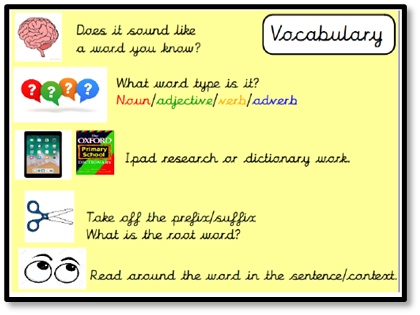
Fluency
Following this, children will then be introduced to their extract for the week. They will take part in a pacey, engaging lesson whereby the teacher will model a variety of fluency strategies.
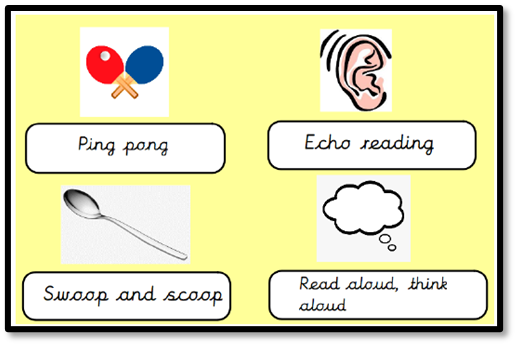
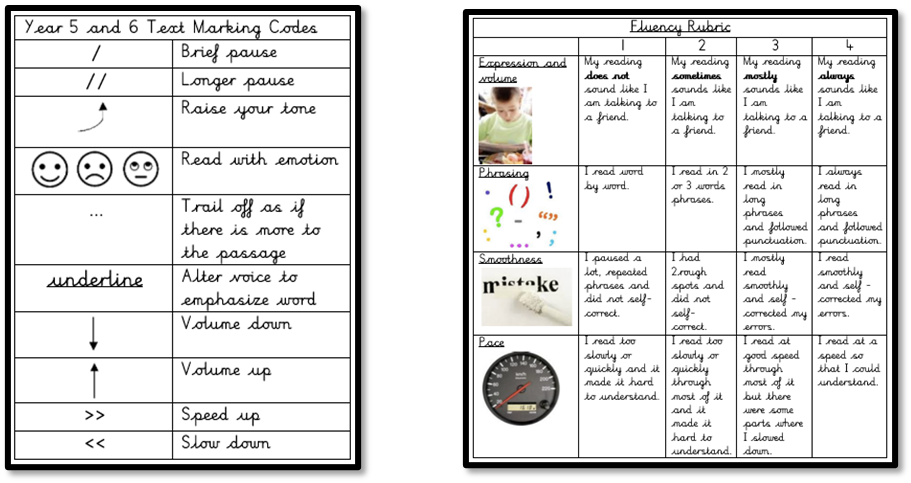
Text marking allows children to annotate their extracts based on how they believe their voice will change as they read. The texts will be annotated to show when pupils will raise or lower their voice, when they will pause, when they will speed up, and when they will incorporate emotion or emphasis. The teacher will often model this process, but children will then be able to complete their own text marks, exercising their own interpretations on how different sentences should be recited. By marking their text, this allows children to create a script that they can then rehearse and adapt before volunteering to read aloud to their classmates. Pupils can then mark each other’s performances against our Fluency Rubric, offering specific and constructive feedback from an aural perspective.
Tuesday- Guided Reading and Text Immersion
On Tuesday, the children will spend the first chunk of the lesson reading the text again, incorporating the strategies detailed above. They will then complete a ‘Text Immersion’ task throughout Tuesday’s lesson. These will be taken from, or inspired by, Alex Barton’s Reading Recharged. Immersion activities will be chosen to develop a deeper understanding of the text’s meaning. This could include, but is not exclusive to: an in-depth character study; predicting future events based on evidence from the text; setting focus; summarising or forming impressions. While the children are completing this task, teaching assistants may also use the time to lead 1:1 fluency interventions and support. These will typically involve a specific focus, such as emphasis or prosody.
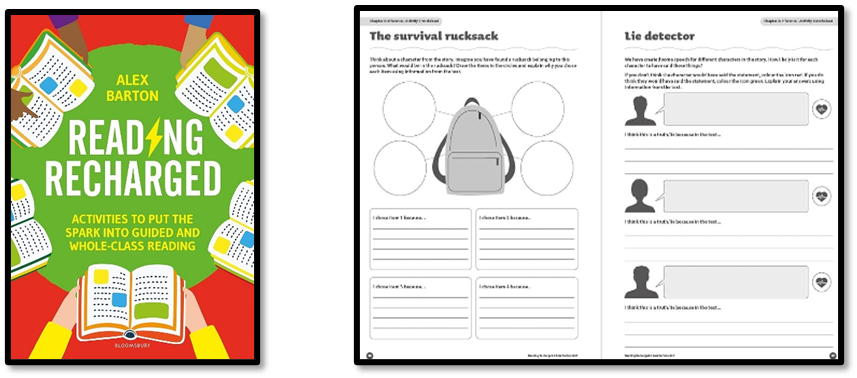
Wednesday- Retrieval
Pupils will be given a selection of retrieval questions about the week’s extract. Staff and children refer to these questions as ‘Find it, Write it’ questions; pupils will find the answer in the text, put their finger on it, and then copy the answer directly.
Teachers will model these strategies, before allowing the children to complete the questions independently or with their learning partners. To structure these questions, teachers have been provided with a variety of sentence stems such as, ‘Find and copy’, ‘Give two facts about’, ‘According to the text, what does…’. These have been taken from the KS1 and KS2 statutory reading assessments content domains.
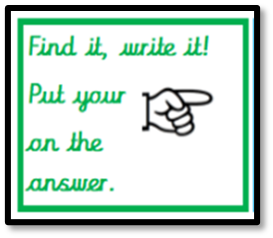
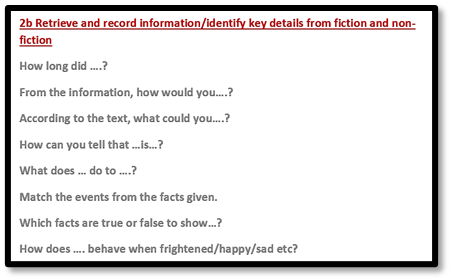
Thursday- Inference
Pupils will be given a selection of inference questions about the week’s extract. Staff and children refer to these questions as ‘Look for Clues’ questions; pupils are unlikely to find direct answers within the text itself, so are encouraged to use key words and clues to form evidence-based interpretations. They will dig deeper beyond the surface of the text, justifying their assertions with direct quotations.
Teachers will model these strategies, before allowing the children to complete the questions independently or with their learning partners. To structure these questions, teachers have been provided with a variety of sentence stems such as, ‘How can you tell, ‘What impression do you get, ‘Why do you think’. These have been taken from the KS1 and KS2 statutory reading assessments content domains. This lesson will conclude their novel study for the week.
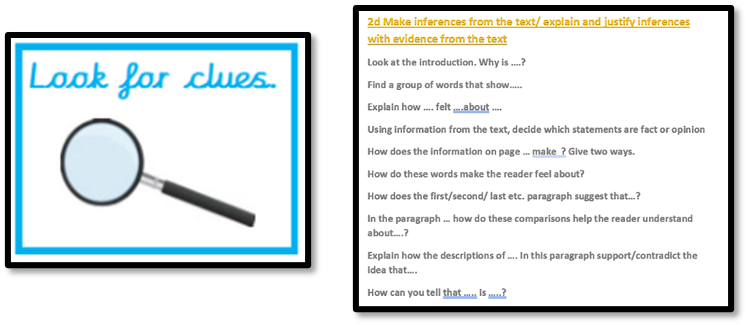
Friday- Non-Fiction
On Friday, pupils will be given a non-fiction text that will be related to the wider curriculum; typically, either their current science, history or geography topic. The texts will be sourced from Literacy Shed, and will correspond with their year group ‘stage’. This text will also provide children with much of the information needed to complete their history/geography/science work next week, without the need for heavy teacher input. Attached to each text will be a variety of questions: summary, prediction, vocabulary, retrieval and inference. Children should then use what they have learnt throughout the week in their novel study sessions to apply them to an unfamiliar, non-fiction text. This lesson may also inform teachers as to which areas need further development or focus throughout the next week.
In addition to this, specific non-fiction weeks have been mapped out throughout the year to align with key national events such as Remembrance Day or Black History Month.
During these weeks, children will dissect a non-fiction text in greater detail, giving them opportunity to discuss presentational and linguistic choices in more depth.
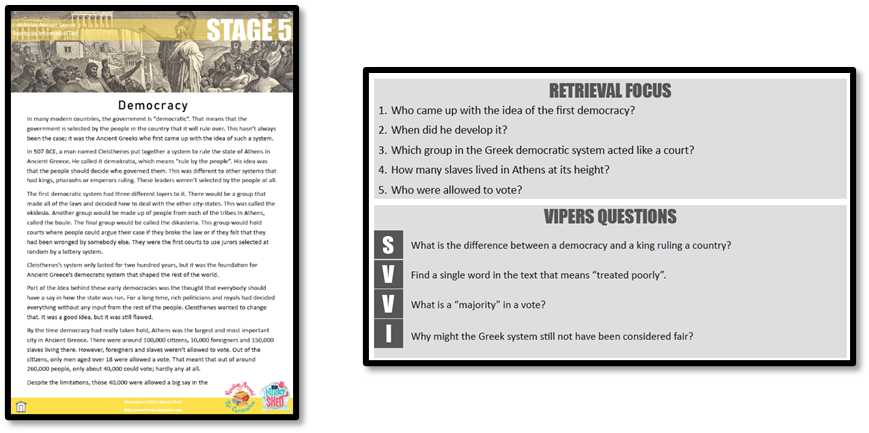
Core Story Slot
In addition to our reading curriculum, we have a daily timetabled 'Core Story' slot which simply involves an adult-led aural story time. This is a chance for children to hear a book in its entirety throughout the course of the year, and allows them to enjoy casual book blether without the confinement of comprehension tasks. These texts can be chosen by teachers, or may be voted for by the children, and are critical in creating low-stakes, pleasure-driven discussions. Some of our wonderful predictions or theories may be displayed on our class 'Book Talk' displays, having been scribed by a teacher.
Thursday Reading Assembly
Thursday morning is Miss Milnes' favourite time of the week, as it is a chance for the whole school to gather in the hall and listen to our weekly story. These can range from picture books to isolated chapters from longer texts. Our chosen book always aims to make its way to our corridor display, but rarely makes it past a sea of eager hands, desperate to borrow it first!
Library Visits
Throughout the year, each class has been lucky enough to enjoy a number of amazing visits to Rawmarsh Library. The team have led some wonderful workshops based around some of our history and geography units, as well as the books we have been studying. We absolutely love visiting, and can't wait to continue this throughout the next academic year.
Year 2 Norway Craft:
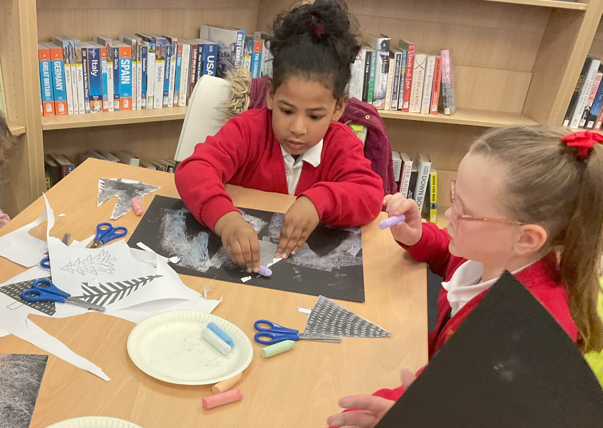
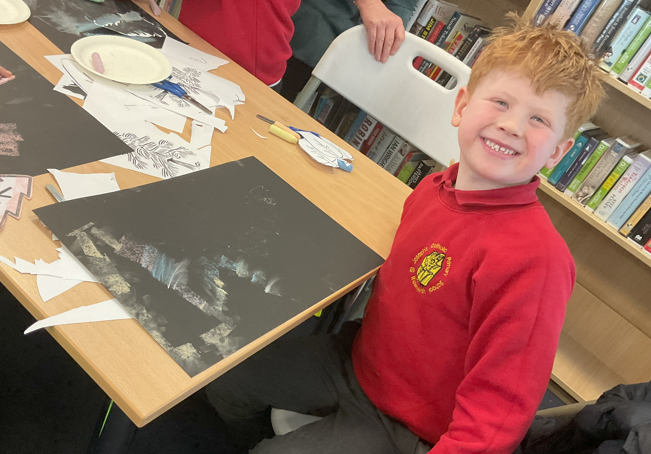
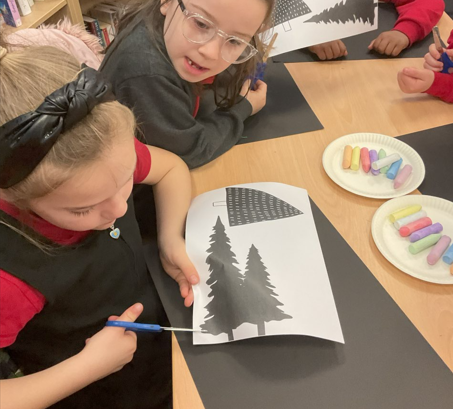
Year 5 Author Visit:
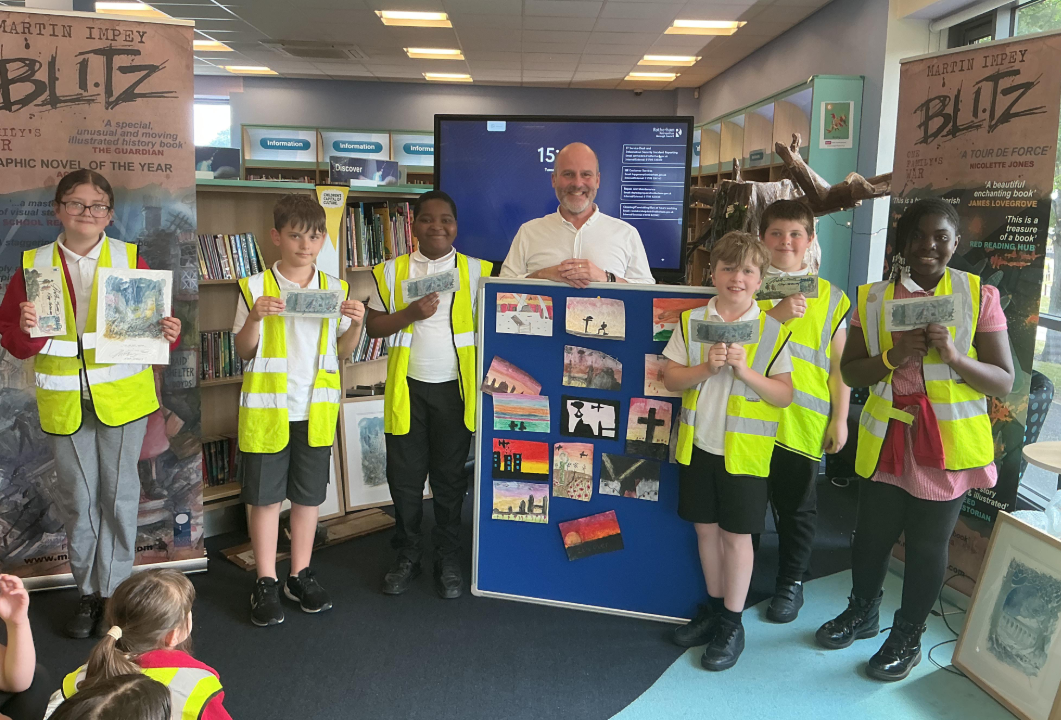
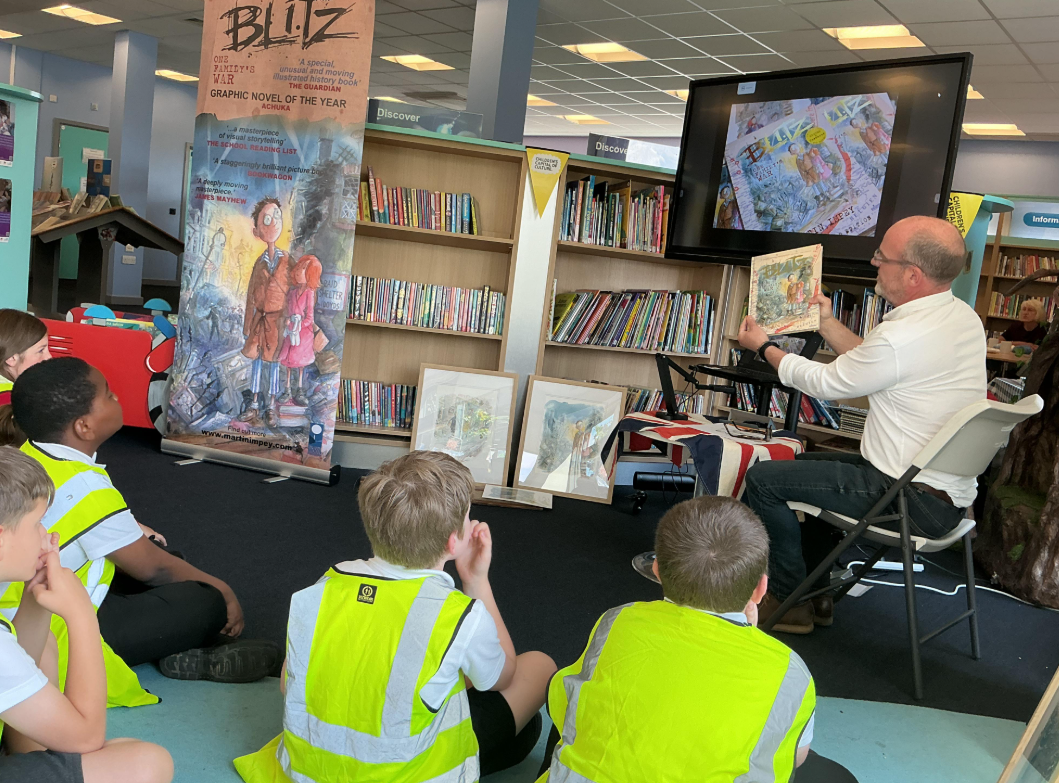
World Book Day 2025
As usual, St Joseph's celebrated World Book Day in style. We started the day with our whole-school parade, awarding book-based prizes for some of the best costumes, including recognition for our most unique and best homemade outfits. We then took part in a series of workshops throughout the morning, where each classroom offered a special book-based craft or activity. We made BFG dreamcatchers in Year 5, Elmer crafts in Year 1, lollipop-stick Wizard of Oz characters in Year 4, and we even got to make our very own Diary of a Wimpy Kid 'Cheese Touch' snacks in Year 6! It was a jam-packed morning, all finished off by a nice relaxing afternoon involving lots of casual book chat and uninterrupted reading for pleasure. The best day of the year, guaranteed!
